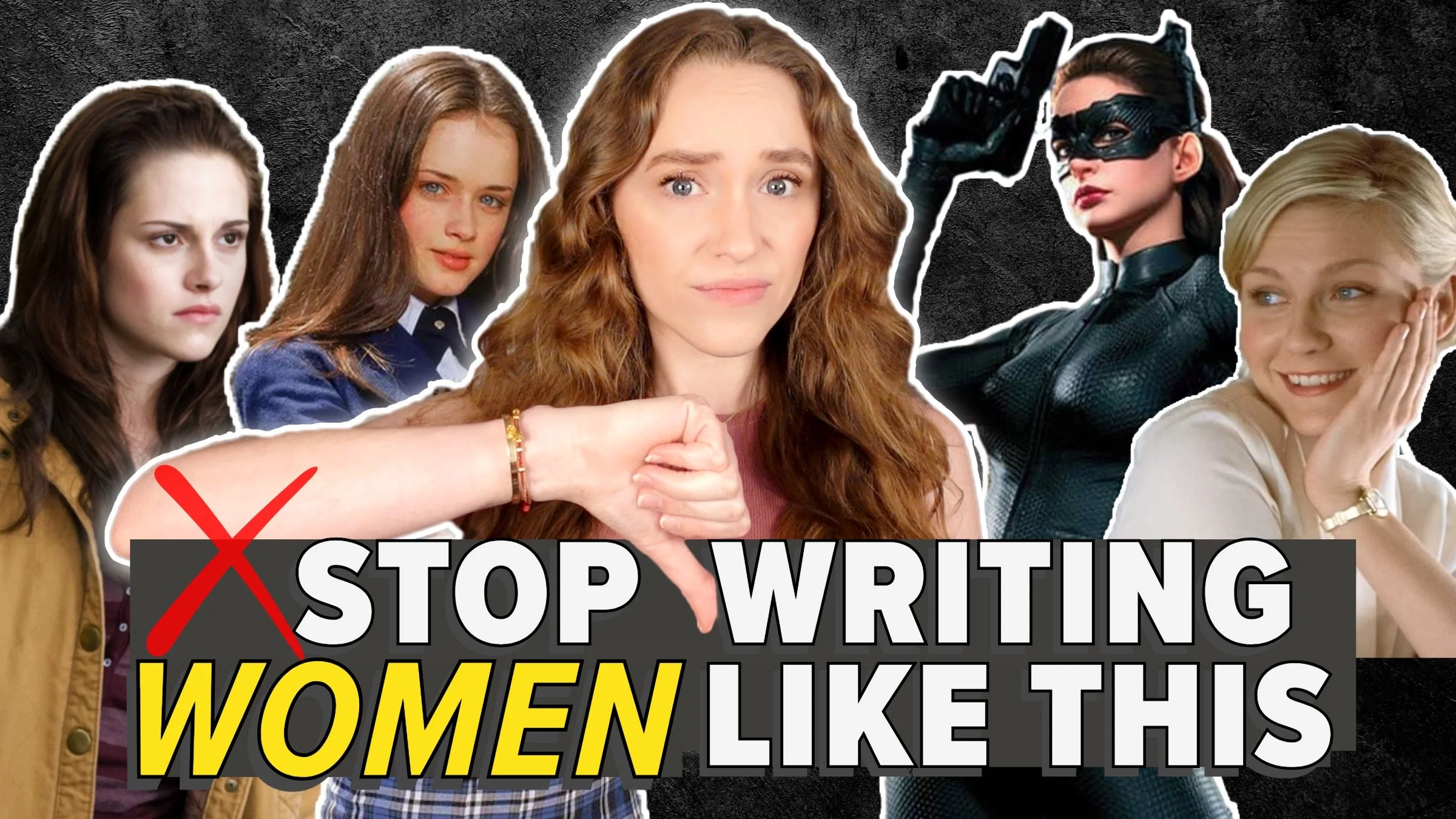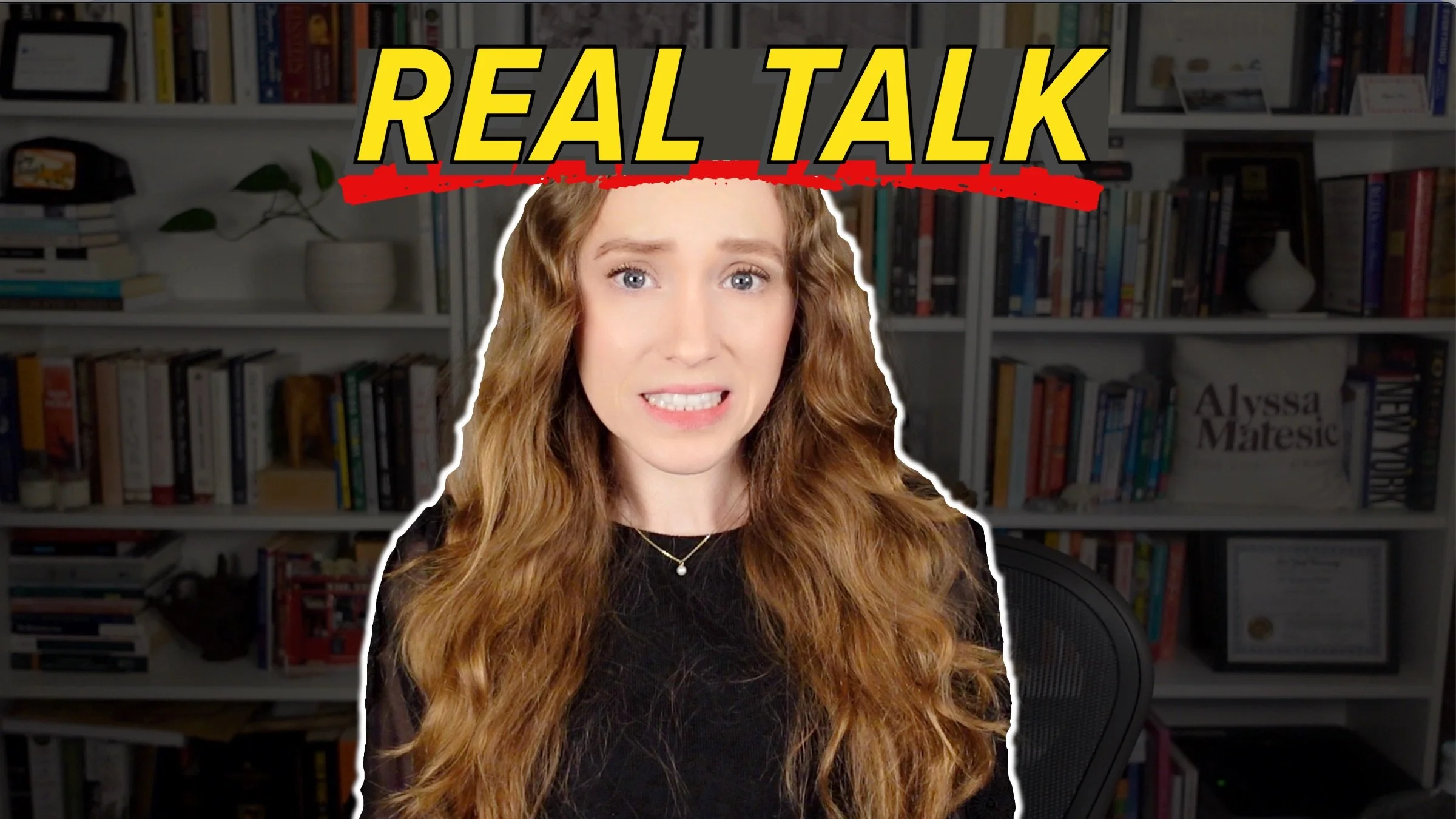What Is Authors Equity – and Could It Change Publishing Forever?
HIT PLAY OR READ THE POST BELOW:
In recent history, traditional publishing has been dominated by the Big Five houses. But as of March 2024, a brand-new publisher has entered the scene and is offering a completely different business model that could change the way that books get published and the relationships that authors have with their publishers.
What Is Authors Equity?
The three co-founders all stepped away from executive-level roles at Big Five publishers within the past two years. The Authors Equity team includes Madeline McIntosh, the former CEO of Penguin Random House US, Don Weisberg, the former CEO of Macmillan, and Nina von Moltke, the former president and strategic director of Penguin Random House US.
At the moment, the Authors Equity team only has six employees, and some of their investor team includes well-known authors such as James Clear, Louise Penny, and Tim Ferris. Their website states, "With more than a century of combined industry experience, our core team knows how to make books and how to make books work. Our goal now is to make books work even better."
The tagline for this new publisher is the "Author-Centered Book Publisher," and the website calls it “a collaborative publishing company reshaping the relationship between author and publisher.” They say, “We've taken the best elements of traditional publishing and combined them with a fresh approach to help authors succeed in today's market." The website includes four core principles for this publisher: aligned incentives, bespoke teams, flexibility and transparency, and long-term collaboration.
How Is Authors Equity Different from Other Traditional Publishers?
A New Payment Model for Authors
The biggest difference with this publisher is that they are offering a completely different payment model for authors. Most traditional publishers offer an advance to authors, and the advance is an upfront payment that they get, paying them a certain amount of their royalties at the beginning of the book deal before any sales are even made. This is a guaranteed amount that the author gets no matter how many or how few copies they sell, and authors have to then earn out the advance before they see royalty statements.
For Authors Equity, they're not offering any advances whatsoever. Instead, they're offering a profit-sharing model where authors will receive the lion's share of the royalties on their books, and these royalties would be paid monthly. The royalty rates that they would be offering are much higher than the royalty rates that most traditional publishers have currently with the existing advance and royalty model.
Bespoke Publishing Teams
Another big difference with Authors Equity is that they're using what they're calling bespoke publishing teams. So, rather than having a big in-house team with different departments, they're planning to tap pools of freelancers, including freelance editors, marketers, and publicists. They say that the authors and agents that they work with will have a say in who gets tapped to work on each individual book project.
Potential for More Flexibility
Authors Equity also is claiming that they'll have more flexibility than existing traditional publishers. By operating outside of the corporate structure of the Big Five houses, they claim they'll have room for more risk-taking, experimentation, and innovation, and that they'll be able to tailor their publishing approach to each individual book and its needs.
They plan to partner with Simon & Schuster for production and distribution, and the Authors Guild reported that Authors Equity has already entered into several publishing agreements that will be announced in the coming months.
As you can imagine, there have been a lot of rumblings online about Authors Equity and their new publishing model, with people both optimistic about what this could mean for the future of publishing and, of course, some people raising concerns about how this business could affect the industry.
Industry Responses to Authors Equity’s Publishing Model
Of course, a publishing house that centers on authors and offers flexibility and transparency sounds great in theory, and I genuinely hope that the company is able to achieve this vision of more author-centered publishing. But I want to chat about some of the possible concerns that I've seen other professionals in the industry raise.
Reliance on Freelancers
The company seems to plan to use freelancers for the bulk of the heavy lifting that goes into creating a book. If Authors Equity is hiring teams of freelancers for most of the editorial, marketing, publicity, etc., then those people aren't getting paid any benefits for that work. As an independent developmental editor myself, I would be really curious to know what kinds of rates they're going to be offering people on a freelance basis.
Visibility for Debut Authors
Another concern that has been raised is around debut authors because debut authors have to build the audience for their books from the ground up. It's possible that this profit-sharing model might work better for authors who already have an established platform and an audience that is already coming back to them, who can generate revenue reliably.
Lack of Advances
Another concern about Authors Equity’s business model is that the lack of advances wouldn't necessarily work for some authors, especially non-fiction authors who rely on their advance money to support themselves in doing the research that they need to produce the manuscript. So, they might not even be able to produce the books that they want to under this type of profit-share model.
Ultimately, everyone in the industry has their eyes on Authors Equity, and I'm super curious to see how everything shakes out, especially given the very high-profile names behind this company. It feels like the traditional publishing industry has been on the brink of a revolution for some time now, so I wonder if maybe this could be the start of it.
Time will tell if Authors Equity’s new approach to publishing is a sustainable business model, but I'm excited to see what happens.
Thanks so much for reading, and happy writing!






